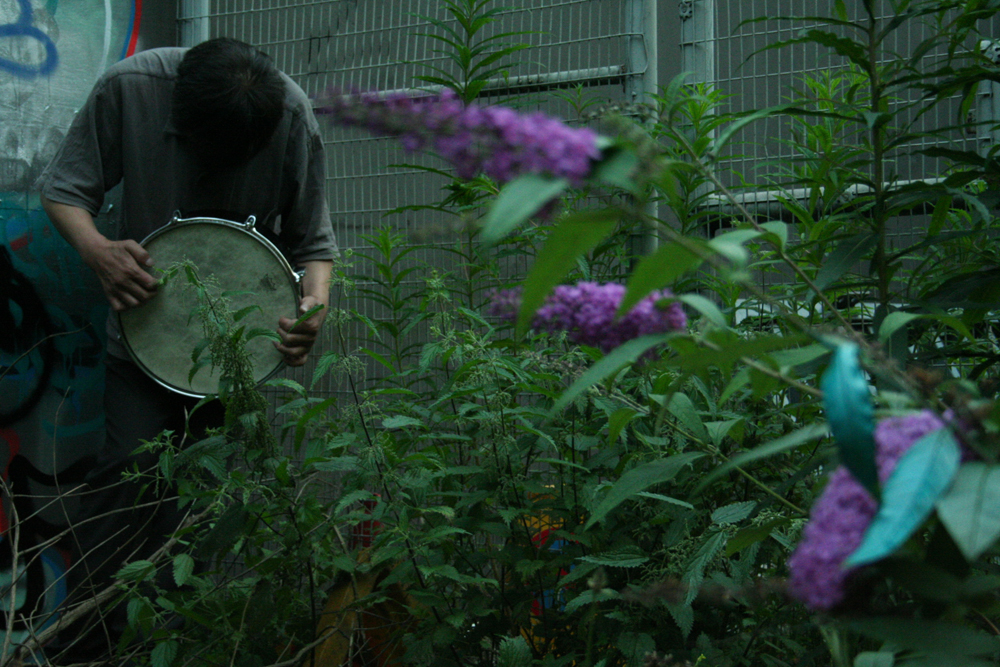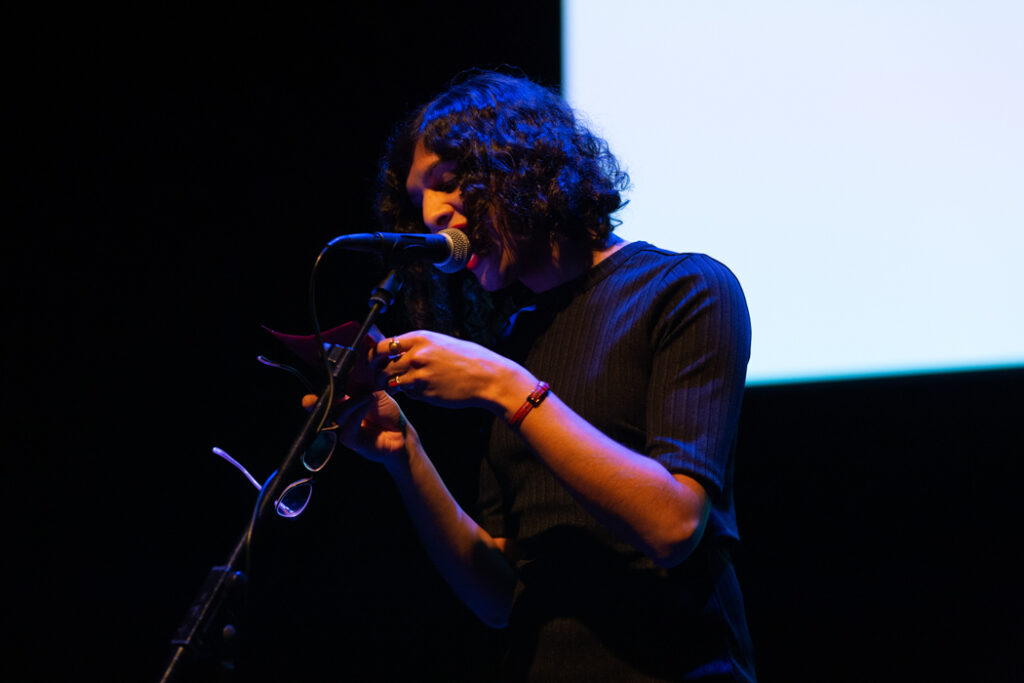
We have something to say about… Pt2
Emma Hedditch Frank Roberts Michael Roberson Pony Zion Robert Sember Terre Thaemlitz Vjuan Allure Vogue’ology
A historical narrative of the black and latino/a transgender, bisexual, lesbian, and gay House and Ballroom Scene in relation to its artistic practices.








